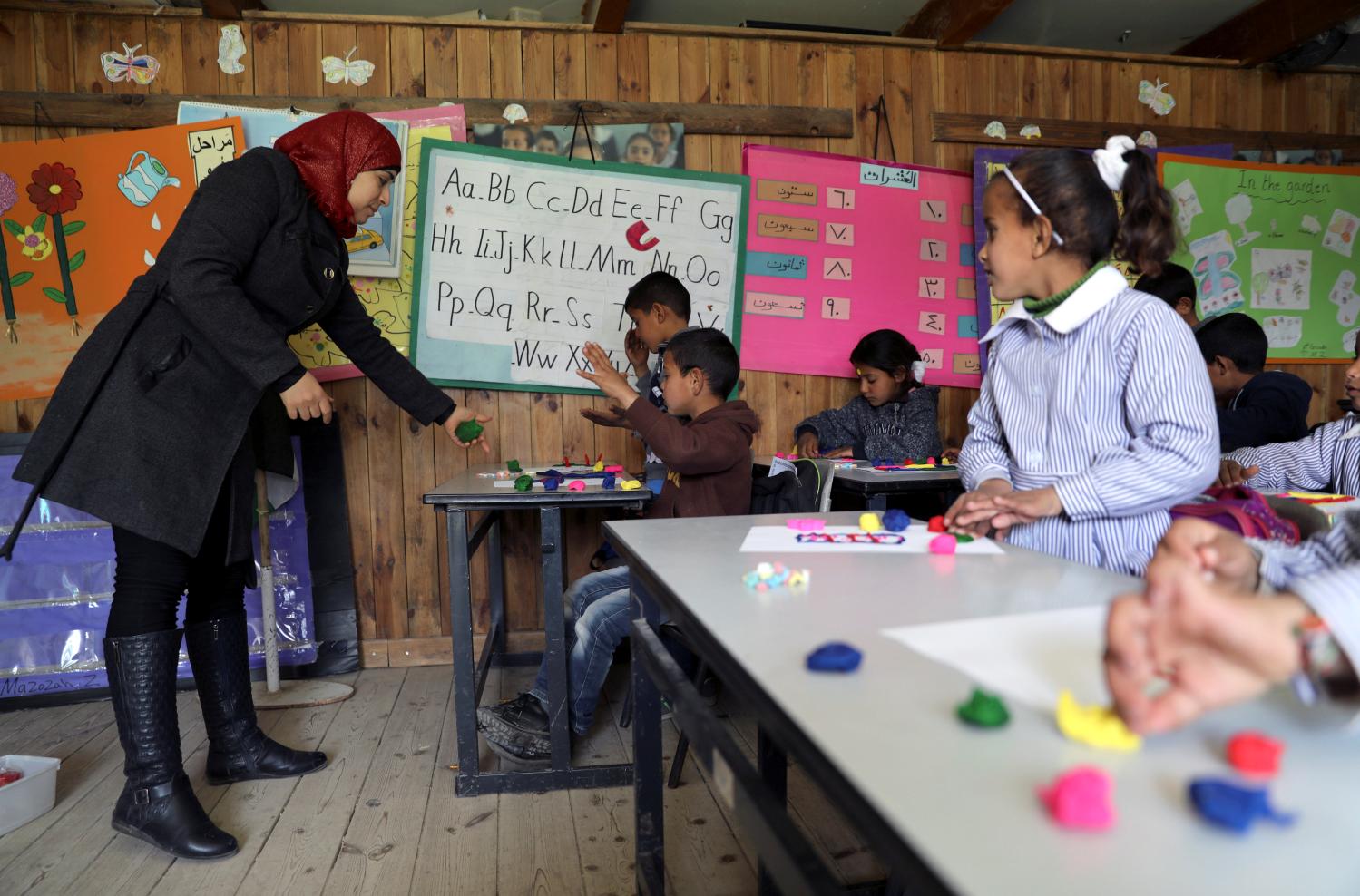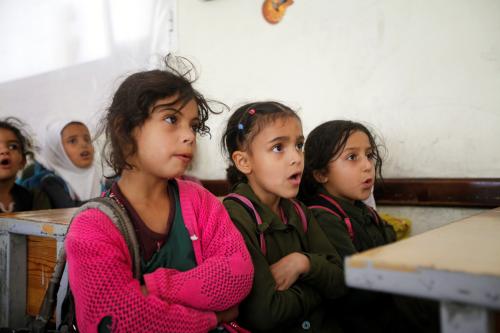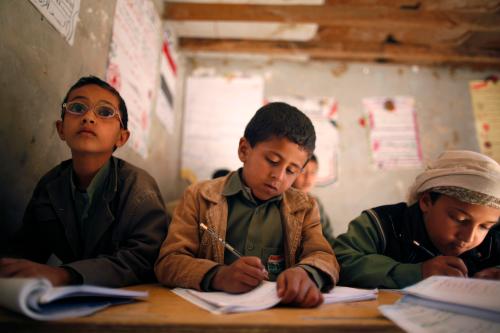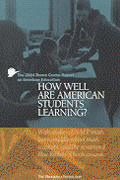Around the world, countries are grappling with how to scale quality education for their children and youth. Quality education is at the center of a nation’s progress, and it is also enshrined in the United Nations Sustainable Development Goals, which 193 countries have recently committed to support.
Millions Learning: Scaling up quality education in developing countries tells the story of where and how effective learning interventions have scaled in low- and middle-income countries. The study emerges from wide-ranging research on scaling and learning, including a deep dive into 14 case studies where state and non-state actors have pioneered, and in collaboration with a range of partners, scaled new approaches to education. While there is growing evidence of what is working to improve student learning, the report takes a look at how effective approaches that improve students’ learning have scaled.
Ultimately, Millions Learning finds that scaling quality learning requires a new norm of inclusive and adaptive education ecosystems—where there is space for innovation and experimentation to thrive, as well as the ability for ideas and approaches that most effectively improve learning to take root and spread. Based on the literature and cases explored, Millions Learning finds that governments play a pivotal role in this ecosystem. Not only is it their responsibility to deliver on every child’s right to a quality education, but they must also actively foster an environment in which all actors can effectively contribute their expertise—from households, to communities, to civil society organizations, to the private sector, and to academia. This requires leveraging all assets these actors bring as well as ensuring that the most marginalized children are reached.
In this study, you will find the following:
- An overview of the urgent need to accelerate progress in global education;
- Definitions of the different pathways to scale;
- An analysis of 14 “core ingredients” that contribute to scaling quality learning, organized into the four main areas of design, delivery, finance, and enabling environment;
- Recommendations of five key actions needed to create inclusive and adaptive education ecosystems.
Ultimately, Millions Learning seeks to catalyze a discussion, based on new evidence and insight, on how best to ensure that millions more children and youth learn the knowledge and skills needed to lead healthy, safe, and productive lives today and into the future.
To learn more about Millions Learning, please visit our interactive report and/or join us for our report launch event, Getting millions to learn: What will it take to accelerate progress on meeting the Sustainable Development Goals?, on April 18-19, 2016 at the Brookings Institution in Washington.
The Brookings Institution is committed to quality, independence, and impact.
We are supported by a diverse array of funders. In line with our values and policies, each Brookings publication represents the sole views of its author(s).










Commentary
Getting millions to learn: Scaling up quality education in developing countries
April 13, 2016